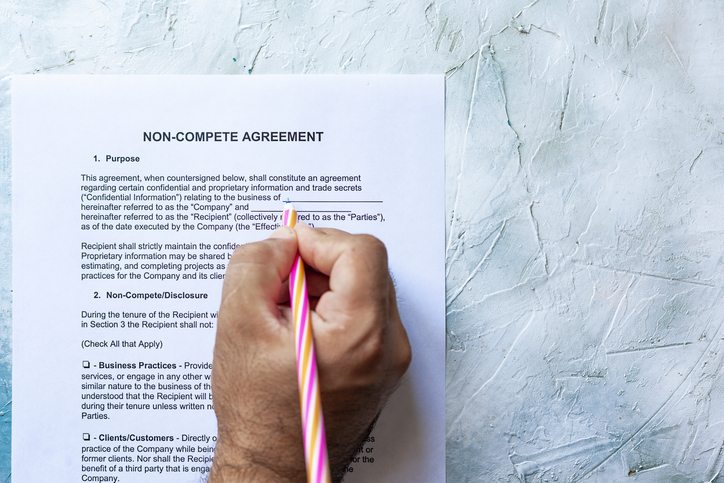A restrictive covenant is a contractual provision that limits or bars an employee, former employee or other party from taking certain actions deemed harmful to a company, such as working for a competitor, soliciting customers or disclosing privileged information. These agreements are subject to a high level of scrutiny under Florida law, since they have the potential to unreasonably prevent people from pursuing careers and business opportunities.
To be enforceable in Florida, a restrictive covenant must be reasonably necessary to protect the company’s “legitimate business interests.” That means a non-compete, non-solicitation or non-disclosure agreement must be designed to preserve valuable assets, information or processes that the company purchased, developed or acquired for its own productive use. The governing Florida statute specifies certain interests that qualify, including:
- Patents
- Trademarks
- Trade secrets
- Customer lists
- Strategic plans
- Customer goodwill
- Extraordinary or specialized training
The courts can and do recognize other interests besides those listed in the statute.
In addition, the restrictive covenant must be reasonable as to time, geographic area and line of business. The statute creates certain presumptions as to time periods for various covenants:
- A restraint pertaining to former employees, agents or contractors is presumed to be reasonable if less than six months in duration and unreasonable if it exceeds two years.
- A restriction on trademark usage of one year or less is presumed to be reasonable, while a restriction of three years or more is presumptively unreasonable.
- A restriction related to the sale of business assets or ownership interests is presumed reasonable if three years or less in duration and unreasonable if it exceeds seven years.
A business may overcome these presumptions by providing evidence that justifies deviation from these time periods.
The restriction must be limited to the geographic areas in which the company has significant market participation. A company that does business in one small part of the state would be hard pressed to justify a statewide non-compete agreement. On the other hand, a restriction can be enforced in behalf of a company that does business all over the state or outside of the state.
The courts are more likely to find a restriction valid when a direct competitor or potential direct competitor in the same line of business will benefit if the covenant is not enforced.
Once the company makes out a prima facie case that the restriction is reasonably necessary, the person opposing enforcement has the burden of showing that the restriction is overbroad, overlong or otherwise not reasonably necessary to protect the established legitimate business interests. Litigation in this area of law can be complex and usually requires the assistance of a qualified restrictive covenants attorney.
H. Clay Parker, Esq. in Orlando is one of central Florida’s most experienced business litigation and commercial law firms. Feel free to contact us online or call us at 407-216-2504 for a consultation.


